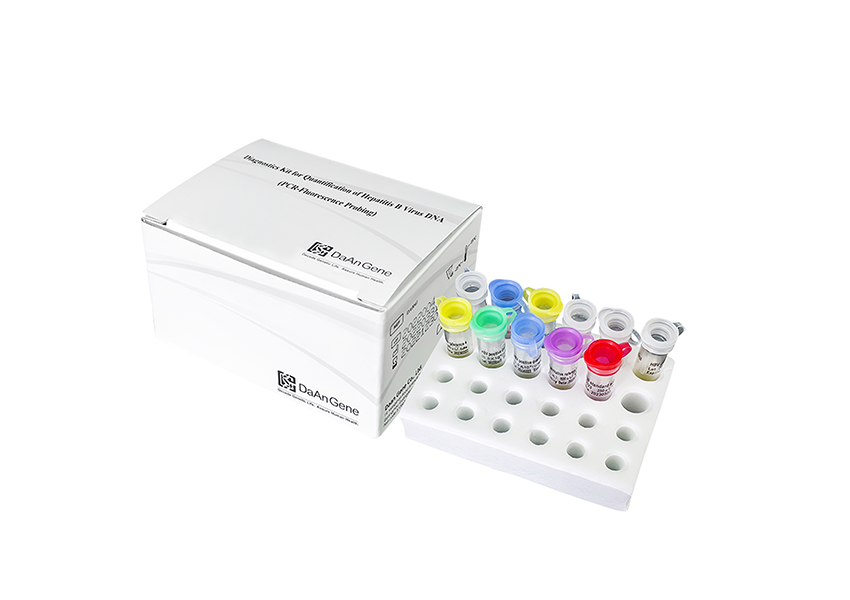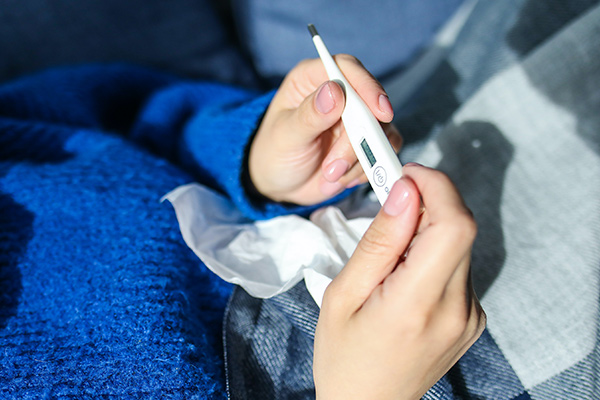Hepatitis B, a potentially life-threatening liver infection caused by the hepatitis B virus (HBV), remains a global health concern. Timely and accurate diagnosis is crucial for effective management and prevention of further transmission. In recent years, advancements in molecular diagnostics have paved the way for more precise testing methods, with HBV PCR kits emerging as powerful tools in the battle against this infectious disease.
Hepatitis B is a viral infection that primarily affects the liver. It is caused by the hepatitis B virus (HBV), which is a member of the Hepadnaviridae family. Hepatitis B can lead to both acute and chronic diseases, and it is a major global health problem.
The virus is transmitted through contact with the blood or other body fluids of an infected person. This can happen through various means, such as unprotected sexual intercourse, sharing needles, or from an infected mother to her newborn during childbirth. It can also be spread through contact with contaminated blood or instruments in healthcare settings.
Many people with acute hepatitis B do not exhibit symptoms, and those who do may experience flu-like symptoms such as fatigue, nausea, and jaundice (yellowing of the skin and eyes). In some cases, the infection can become chronic, leading to more severe liver diseases such as cirrhosis or liver cancer.
Vaccination is available as an effective preventive measure against hepatitis B. It is a part of routine childhood immunization programs in many countries. Additionally, antiviral medications are used to manage chronic hepatitis B infections. Regular monitoring and medical intervention are crucial to preventing complications and ensuring better outcomes for individuals with hepatitis B.
Polymerase Chain Reaction (PCR) is a groundbreaking molecular biology technique that amplifies and analyzes DNA, providing highly sensitive and specific results. In the context of hepatitis B, PCR kits have become indispensable for detecting and quantifying viral DNA in patient samples.
Sensitivity: PCR kits offer unmatched sensitivity, enabling the detection of minor levels of HBV DNA. This is crucial for identifying early-stage infections and monitoring viral load during treatment.
Quantification: HBV PCR kits deliver quantitative results, allowing healthcare professionals to assess the severity of infection and track the effectiveness of antiviral therapies. This quantitative data aids in making informed decisions about patient care.
Monitoring Treatment Response: PCR facilitates the continuous monitoring of patients undergoing antiviral therapy. Regular testing helps healthcare providers assess treatment effectiveness and make necessary adjustments.
Daan's Hepatitis B Test Kit – a cutting-edge solution for the accurate detection and quantification of Hepatitis B Virus (HBV) DNA in human serum and plasma.

Advanced Molecular Techniques: This kit employs polymerase chain reaction (PCR) with advanced molecular techniques, ensuring reliable and precise amplification and analysis of specific regions of HBV DNA.
Wide Linear Range: The test kit offers a broad linear range from 20 IU/mL to 1.0×109 IU/mL, providing flexibility in detecting varying viral loads.
Internal Control: Monitor the entire extraction process with the built-in internal control, ensuring the reliability and accuracy of test results.
UNG Enzyme: Incorporating UNG enzyme, our kit helps prevent contamination, maintaining the integrity of each test and ensuring the high standards in Hepatitis B DNA testing.
The Daan Gene Diagnostic Kit for Quantification of Hepatitis B Virus DNA (PCR-Fluorescence Probing) is recommended for its precise and sensitive quantitative detection of HBV DNA in human serum or plasma specimens. Trust in Daan Gene's innovative technology and choose this reagent for a reliable solution in virus detection.




